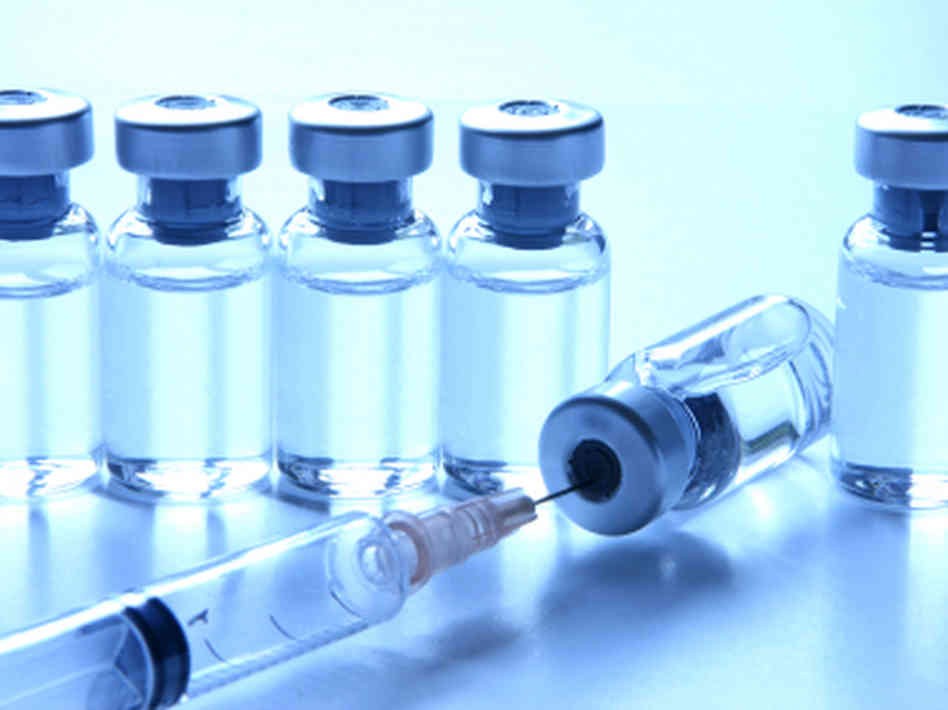U.S. News: Missouri Cancer Survivor Urges Others to Get HPV Vaccine
By Zipei Lin and Karina Zaiets
Last summer, 56-year-old Scott Ward discovered a lump on the right side of his neck. His primary care physician told him to give it some time. After a month, Ward got a scan. And then a biopsy. It was throat cancer.
Human papillomavirus was determined to be the primary cause.
Cancer of the middle part of the throat, like the one Ward had, is now the most common HPV-related cancer, according to the Centers for Disease Control and Prevention.
To help prevent HPV-related diseases in a broader age range, the Food and Drug Administration expanded its approval for the HPV vaccine for people ages 27 to 45 early last month.
The vaccine was previously approved for preteens and young adults between the ages of 9 and 26, and the CDC has recommended vaccination for preteens and young adults since 2007.
Missouri's HPV vaccination rate has been one of the lowest in the country. Health care professionals and advocates like Ward are sharing their experiences to combat the misperceptions and misinformation on the internet, including the myth that the vaccine causes serious side effects (it doesn't).
Meanwhile, vaccination for adolescents in Missouri, which is covered by most insurance policies, isn't happening in large numbers. In 2017, about 57 percent of 13- to 17-year-olds in Missouri had been given the first dose. Only about 40 percent of them are considered up to date.
One big reason for the low rate of complete vaccinations is a lack of awareness of the cancers HPV causes, said Sharon Humiston, a pediatrician affiliated with Children's Mercy Kansas City. Because the HPV vaccine is not yet required for enrollment in Missouri schools, parents tend to think the vaccine isn't important.
"Parents ask: 'Is this really necessary? What are my kid's chances of getting this disease, and if he gets it, is it really such a big deal?'" Humiston said.
Boys and girls need to be vaccinated before exposure because the vaccine does not clear an HPV infection that is already established, Humiston said.
Ward said he was very fortunate because the doctors caught his cancer early enough. He now tells his story to his family and friends. One of the misconceptions he has confronted is that a lot of people still don't know that males need to be vaccinated.
"If there was a vaccine, I would (get it)," he said. "I myself would hope my parents would have wanted me to get it."
Read the full story via U.S. & World News
Read more about the Division of Infectious Diseases at Children's Mercy

